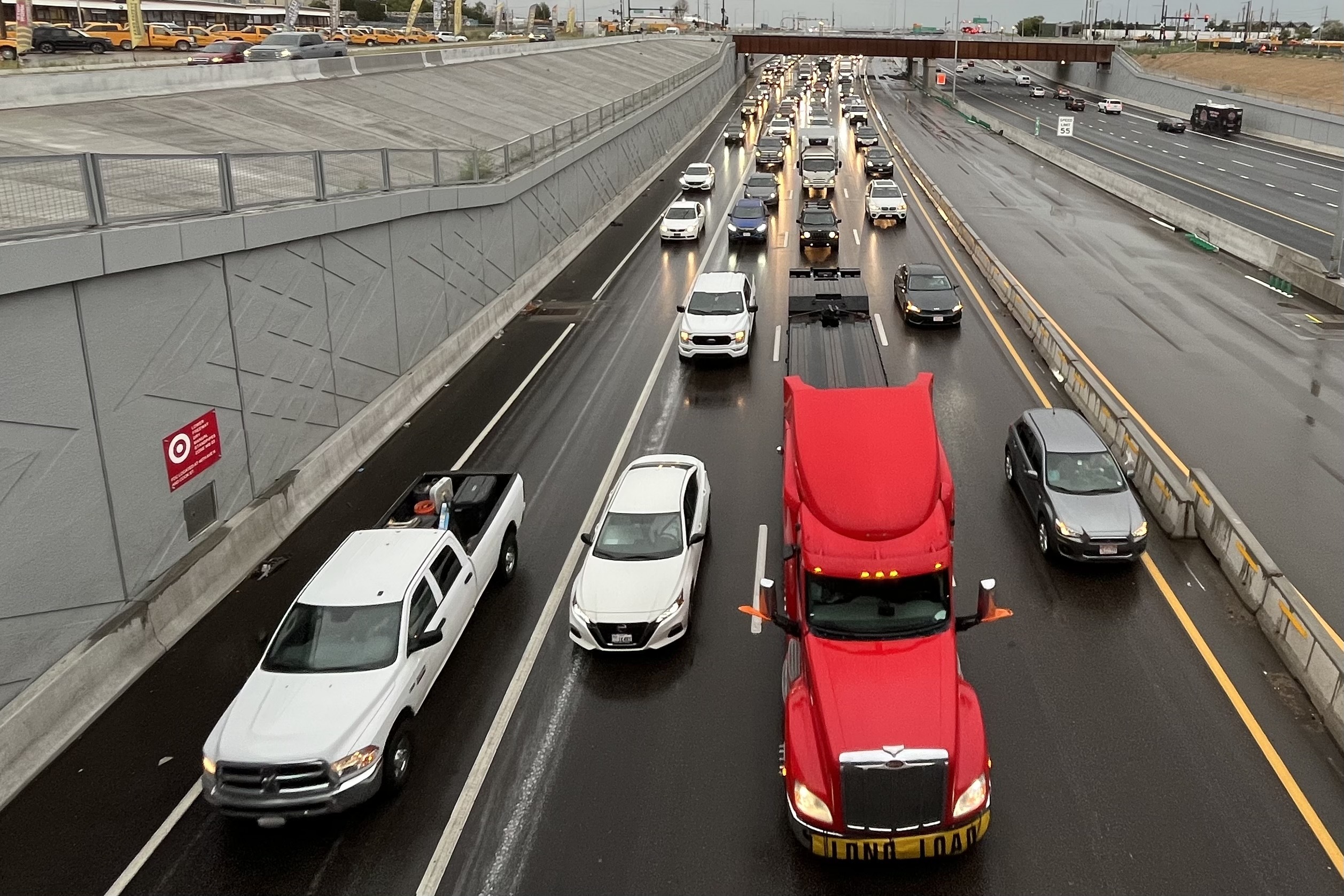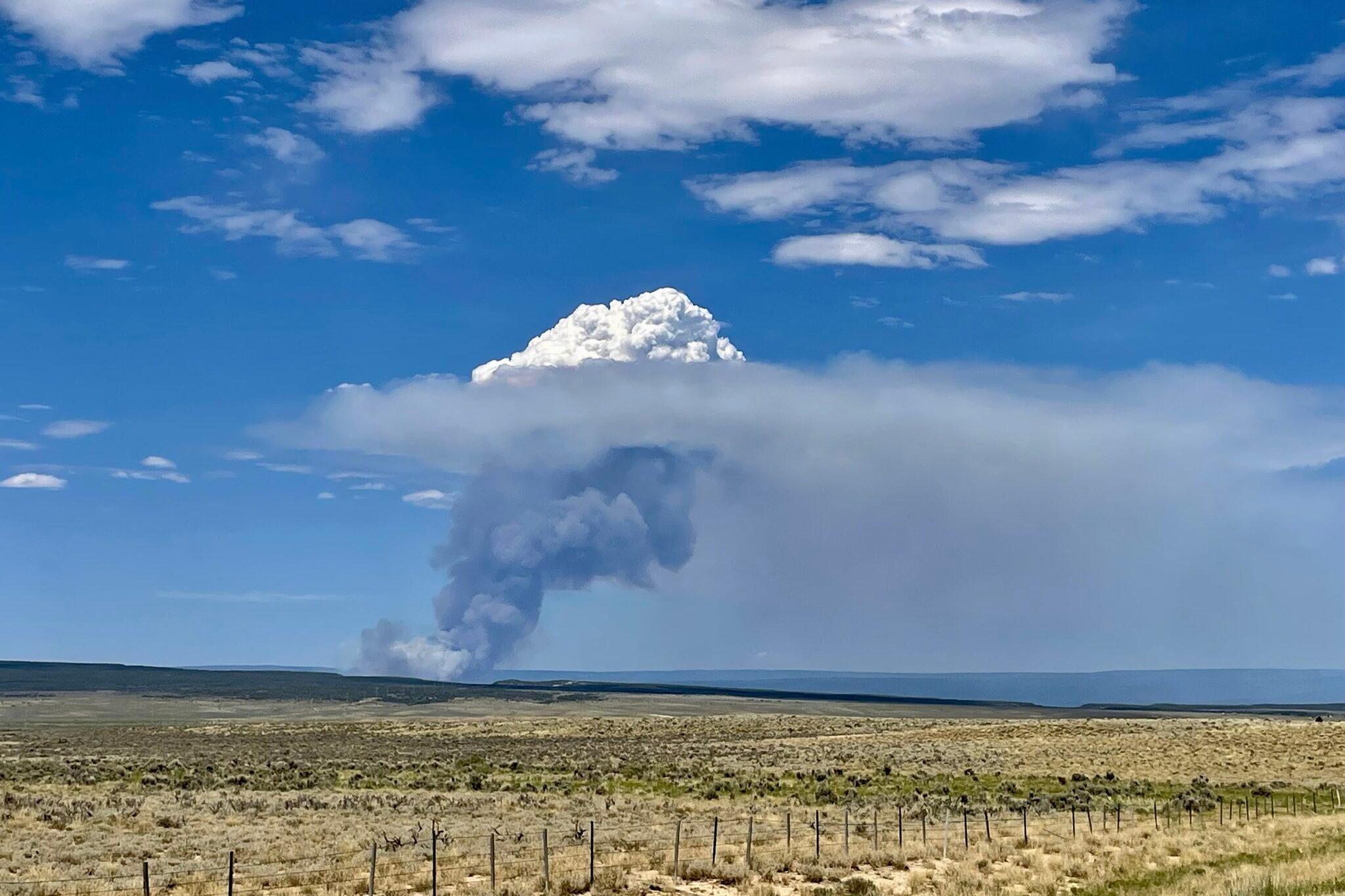
A bill to crack down on auto thefts easily cleared its first hurdle at the legislature, with backers saying the changes are necessary in a state that now tops the list for the rate of stolen vehicles.
According to state figures, about 40,000 vehicles were stolen in 2021. During a Senate Judiciary Committee hearing earlier this week, law enforcement officers, prosecutors, and mayors from some of the state’s largest cities argued Senate bill 97 might begin to reverse that trend. It cleared the hearing with a unanimous vote of 5 to 0.
Under the bipartisan bill, all auto thefts would qualify as felonies (the sponsors did put in an exception for short term thefts intended, they said, to protect youth who steal cars for joyriding from permanent consequences.).
“Residents in our community, like all communities, depend on their vehicles for transportation to school and work to medical appointments and important daily life activities. In the past three years, the number of automobile thefts in Broomfield has wreaked havoc,” said Broomfield Mayor Guyleen Castriotta.
In arguing for the bill, backers cited statistics that car thefts not only have a major negative impact on people whose vehicle was stolen, but are also often linked to violent and drug related crimes.
“This has been without question one of the biggest concerns we've had, outside of the rise in violent crime,” saId Denver Mayor Michael Hancock.
The bill would also eliminate a provision in Colorado law that bases the penalties for auto theft on the vehicle’s monetary value, with less valuable cars bringing less serious sentences.
The change has the support of Gov. Jared Polis, who wrote a letter in September to the Colorado Commission on Criminal and Juvenile Justice, a bipartisan group of prosecutors, defense attorneys and criminal justice advocates, urging them to reform the state’s auto theft penalties. It’s also backed by the state’s association of district attorneys.
Democratic Sen. Rachel Zenzinger, one of the bill’s main sponsors, said just because a car isn’t worth a lot doesn’t mean it’s not valuable to the owner. She recalled her own experience a few years ago when she was living on her own as a single mother of two. She owned a 2003 Toyota Prius that she relied on for work and school drop offs.
“If my car had been stolen it would've been an enormous inconvenience, number one, but it also would've been life altering because I do not have a replacement vehicle,” she said.
The bill’s third major element would make it easier to charge and prosecute auto theft, by removing a requirement that prosecutors show that the person caught driving a stolen car was aware the vehicle was stolen, a hurdle DAs said can be harder than it seems.
“When a police officer pulls over a suspect in a stolen car, in the rare instances when that happens, the suspect often will say, ‘I borrowed this car from Jim, I didn't know it was stolen,’ ” said DA Brian Mason, who represents the 17th Judicial District, which includes Adams and Broomfield counties.
The new standard would only require proof that the person should have known or reasonably known the vehicle was stolen.
Law enforcement testified that, while 90 percent of stolen vehicles are found and returned to their owners, only about 9 percent of cases are ever charged.
Former Denver District Attorney Mitch Morrissey said a big contributor to the low arrest rate isn’t something the bill deals with — there are just fewer police officers in the state of Colorado than in the past.
“The Denver Police Department is down anywhere from close to 200 officers. Lakewood is down close to 70 officers,” said Morrissey. “So you have fewer people out there that can make arrests and that's one of the things that needs to be addressed by this body.”
Opponents of the bill said more enforcement — not tougher penalties — is what the state needs to bring down auto thefts.
“We have had decades of watching what happens when we increase penalties and increase offense classifications. Incarceration does go up, but it is not a general deterrent effect,” said Tristan Gorman, the policy director for the Colorado Criminal Defense Bar. “What would be a general deterrent effect on this offense is if people thought they were going to be arrested and prosecuted for it.”









